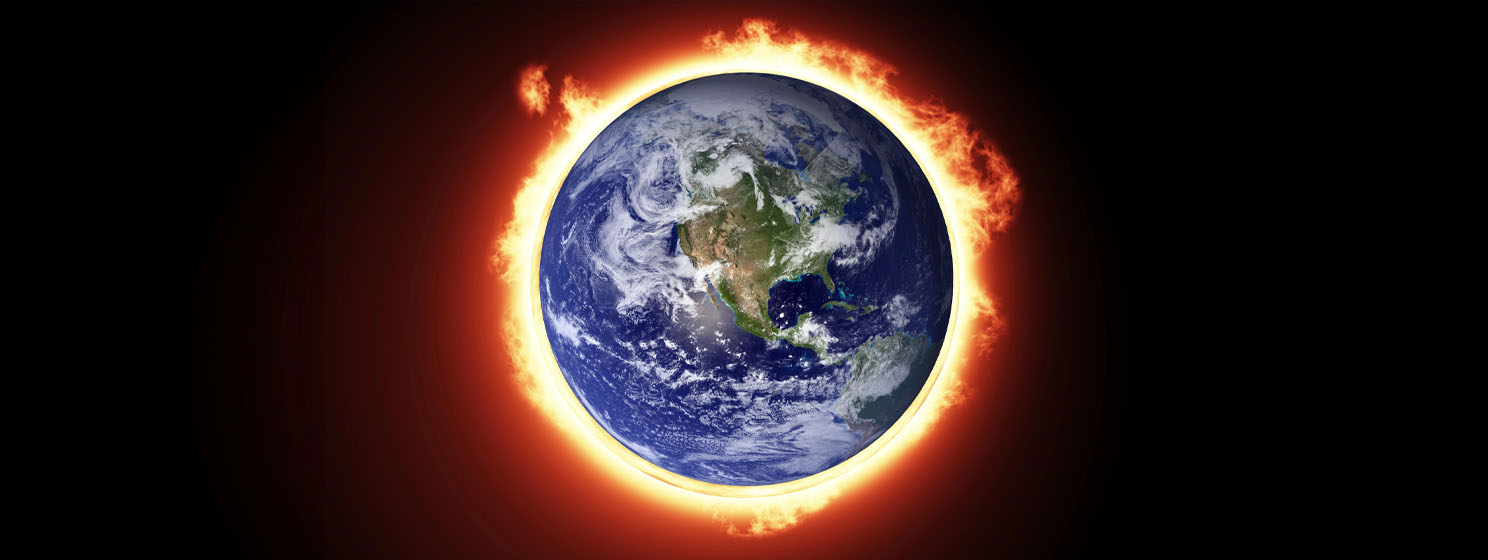|
Getting your Trinity Audio player ready...
|
Sarawak, one of the largest states in Malaysia, has announced plans for a research and development (R&D) center for climate change that would leverage emerging technologies to provide solutions to climate woes.
The planned center will supercharge climate change mitigation efforts while spearheading risk assessment and adaptation programs. Dubbed the Sarawak Climate Change Center, authorities say the initiative will be Southeast Asia’s leading hub for climate change research.
Sarawak Premier Tan Sri Abang Johari Openg disclosed the plans during a public lecture at the ISEAS-Yusof Ishak Institute, where several industry stakeholders were present. Abang Johari informed attendees that the state is adopting a proactive approach to climate change instead of investing funds to establish new research institutes.
While the Sarawak Climate Change Center is undergoing construction, Abang Johari says the state will begin rolling out a framework for corporate bodies to meet global environmental, social, and governance (ESG) standards.
“Once fully implemented, this framework will strengthen investor confidence, promote responsible business practices, and solidify Sarawak’s role as a leader in sustainability governance, contributing to ASEAN’s green economy and long-term resilience,” said Abang Johari.
In his keynote address, the state premier delved into the inner workings of the incoming climate research institute. He hinted at integrating blockchain technology and artificial intelligence (AI) in its operations.
Citing the Sarawak Sustainability Blueprint from 2024, Abang Johari noted that the center will pioneer blockchain-enabled carbon markers to enable enterprises to meet their sustainability goals. With AI, the state says it will pursue resource management and disaster prediction use cases, hinting at talent development for emerging technologies.
Apart from blockchain and AI, the blueprint specifically namechecks renewable technologies and eco-tourism biotechnologies for environmental sustainability efforts.
“As a resource-rich and diverse state, we continue to balance economic growth with environmental responsibility,” said Abang Johari. “Through digital transformation, renewable energy, and low carbon solutions, Sarawak is shaping a future of progress and opportunity.”
In recent months, Malaysia has doubled its efforts to utilize emerging technologies to further innovation and explore solutions to issues that have long plagued the Southeast Asian nation. In mid-February, the Malaysia Anti-Corruption Commission (MACC) turned to AI and blockchain to fight fraud, citing efficiency and immutability properties.
Currently, Malaysia is welcoming a string of foreign investments into its local ecosystem designed to trigger adoption. Microsoft (NASDAQ: MSFT) and Google (NASDAQ: GOOGL) are jostling for market share, and the country is rolling out robust frameworks to guide service providers’ operations.
UN recognizes Vietnam’s digital transformation
Elsewhere, the United Nations has tapped Vietnam as a key player in the global push for digital transformation, citing previous milestones and innovative streaks.
UN Secretary-General’s Envoy on Technology Amandeep Singh Gill revealed the agency’s views during a meeting with Vietnam’s Permanent Representative to the UN, Dang Hoang Giang. Gill said Vietnam has piqued the international organization’s interest in recent years, given its strides with AI and blockchain technology.
Vietnam is topping the charts in regional and global adoption rates for emerging technologies despite many challenges plaguing the Southeast Asian nation. One study places Vietnam at the top of the pile for decentralized finance (DeFi) adoption, with a handful of Web3 unicorns residing there.
On the other hand, several Vietnamese AI firms, including FPT, VinAI, and Viettel, are making their mark in the region, and revenues from semiconductor manufacturing are at an all-time high.
Vietnam’s R&D centers are manned by talented researchers and have elevated Vietnam to join the UN Expert Group and the Policy Dialogue on AI Governance mechanisms.
In his response to Gill’s accolades, Giang noted that Vietnam’s advancements with digitalization are not a flash in the pan. Rather, they are the culmination of several government initiatives designed to trigger economic growth and become a “modern industrialized country” by the end of the decade.
Giang added that Vietnam is inching to become a high-income nation by 2045, leaning on technology and innovation. Aware that the UN has tapped the country as an ally in the march toward digitalization, Giang urged the body for increased support to realize its ambitions.
For starters, Giang says the UN can provide policy support for Vietnam while providing funding and technical support for digitalization objectives. Other potential areas of support include capacity building for locals and fostering public-private partnerships for semiconductors.
While the UN sees Vietnam as an ally in the digital transformation drive, the local ecosystem is actively adopting next-gen technologies. The country’s national strategy for blockchain has its sights on incubating 20 global Web3 brands while rolling out a legal framework for the ecosystem.
Furthermore, plans are underway to train over 1 million residents on AI and blockchain with integrations in data storage and identity verification systems. To underscore its commitment, Vietnam is strengthening bilateral ties with the United States for AI and Web3 technologies, particularly the development of “a more resilient semiconductor chain.”
Watch: With blockchain, the utility is becoming more and more important

 02-23-2026
02-23-2026 




